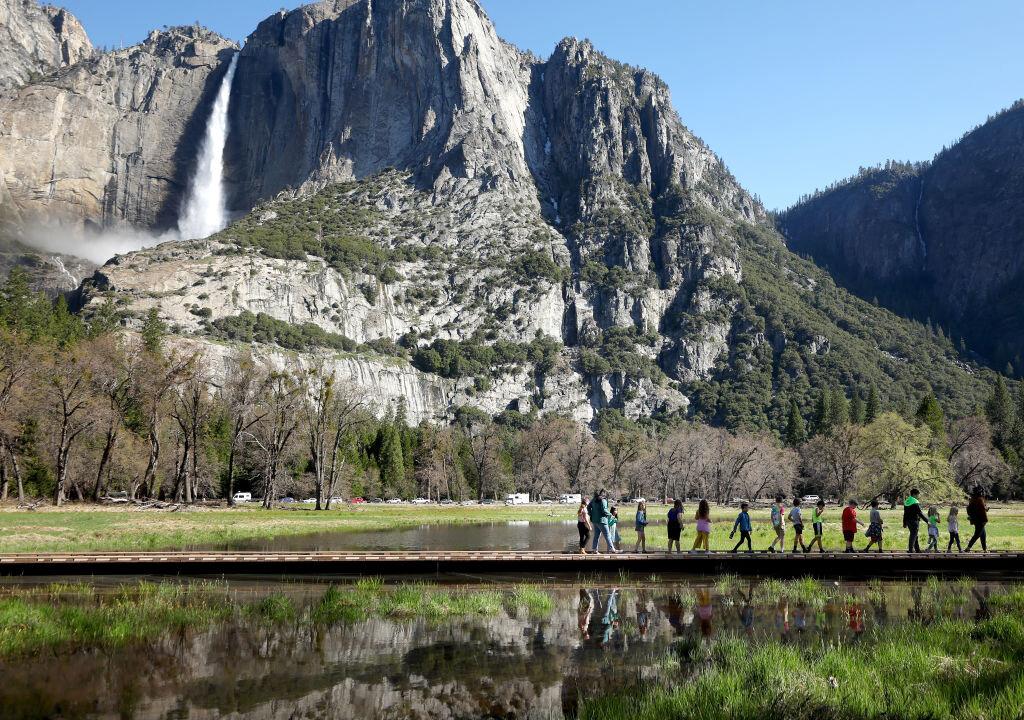A delay in campground reservations is a sign that Yosemite National Park might be feeling the squeeze of Trump administration cutbacks, with the busy season just weeks away.
The Northern California park has delayed the sale of reservations for five campgrounds, affecting spots from June 15 to July 14, the park announced on social media on Feb. 14.





